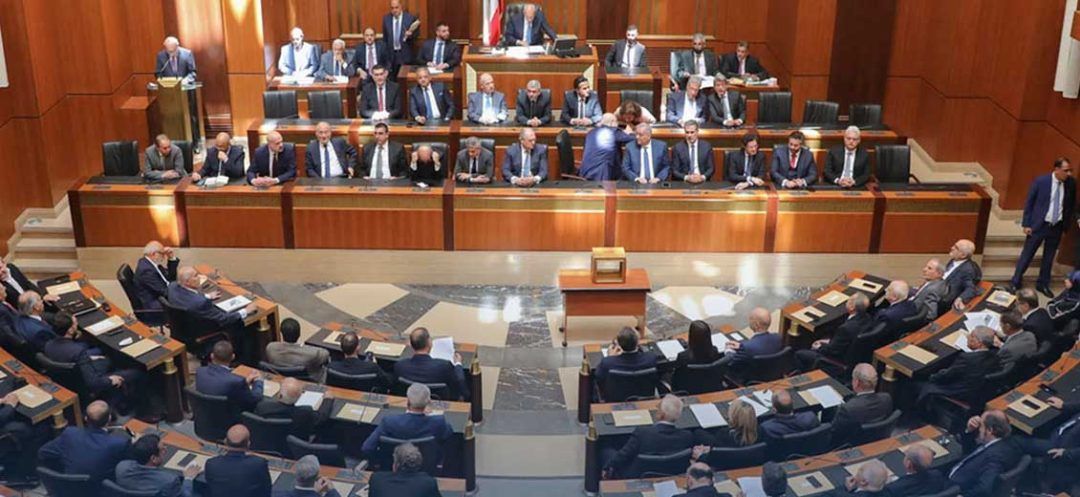
Speaker of Parliament Nabih Berri called for a parliamentary session on May 15 to discuss the one billion Euro donation made by the European Union (EU) to Lebanon. The donation aims to alleviate the burden of the significant presence of displaced Syrians in the country and, most importantly, to prevent migrant flows to Cyprus.
Extending until 2027, the billion-euro assistance has stirred significant controversy within political circles, particularly among Christian groups. The Lebanese Forces (LF), the Kataeb, the Free Patriotic Movement (CPL) and opposition MPs have all criticized the “deal” struck between caretaker Prime Minister Najib Mikati and the EU, emphasizing the urgent need to facilitate the return of displaced Syrians to their homeland.
Berri’s move was prompted by Mikati, who sought to garner “political cover” for the initiative, informed sources told This is Beirut.
According to these sources, “MPs opposing the measure may attend the session to voice their objections and offer recommendations to the government,” including “rejecting any naturalization of Syrians and advocating for their repatriation.”
However, the sources added, “The MPs are unlikely to boycott the session or call on the cabinet to reject the donation, recognizing the potential tensions such actions would create with the European Union.”
Criticism from several politicians accusing Mikati of “selling off Lebanon” for one billion euros prompted him to justify his actions following his meeting on May 2 with the President of the European Commission, Ursula von der Leyen, and Cypriot President Nikos Christodoulides. He emphasized that no conditions were tied to this aid regarding the presence of Syrians in Lebanon. Von der Leyen stressed that the government would continue its efforts to repatriate displaced individuals, especially those in illegal situations.
The European Union (EU) stated that the one billion Euro aid program is aimed at supporting Lebanon across various fronts, including ensuring its “socio-economic stability,” addressing the Syrian crisis and enhancing border control by security forces.
Extending until 2027, the billion-euro assistance has stirred significant controversy within political circles, particularly among Christian groups. The Lebanese Forces (LF), the Kataeb, the Free Patriotic Movement (CPL) and opposition MPs have all criticized the “deal” struck between caretaker Prime Minister Najib Mikati and the EU, emphasizing the urgent need to facilitate the return of displaced Syrians to their homeland.
Berri’s move was prompted by Mikati, who sought to garner “political cover” for the initiative, informed sources told This is Beirut.
According to these sources, “MPs opposing the measure may attend the session to voice their objections and offer recommendations to the government,” including “rejecting any naturalization of Syrians and advocating for their repatriation.”
However, the sources added, “The MPs are unlikely to boycott the session or call on the cabinet to reject the donation, recognizing the potential tensions such actions would create with the European Union.”
Criticism from several politicians accusing Mikati of “selling off Lebanon” for one billion euros prompted him to justify his actions following his meeting on May 2 with the President of the European Commission, Ursula von der Leyen, and Cypriot President Nikos Christodoulides. He emphasized that no conditions were tied to this aid regarding the presence of Syrians in Lebanon. Von der Leyen stressed that the government would continue its efforts to repatriate displaced individuals, especially those in illegal situations.
The European Union (EU) stated that the one billion Euro aid program is aimed at supporting Lebanon across various fronts, including ensuring its “socio-economic stability,” addressing the Syrian crisis and enhancing border control by security forces.
Read more



Comments